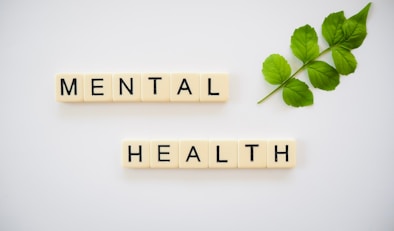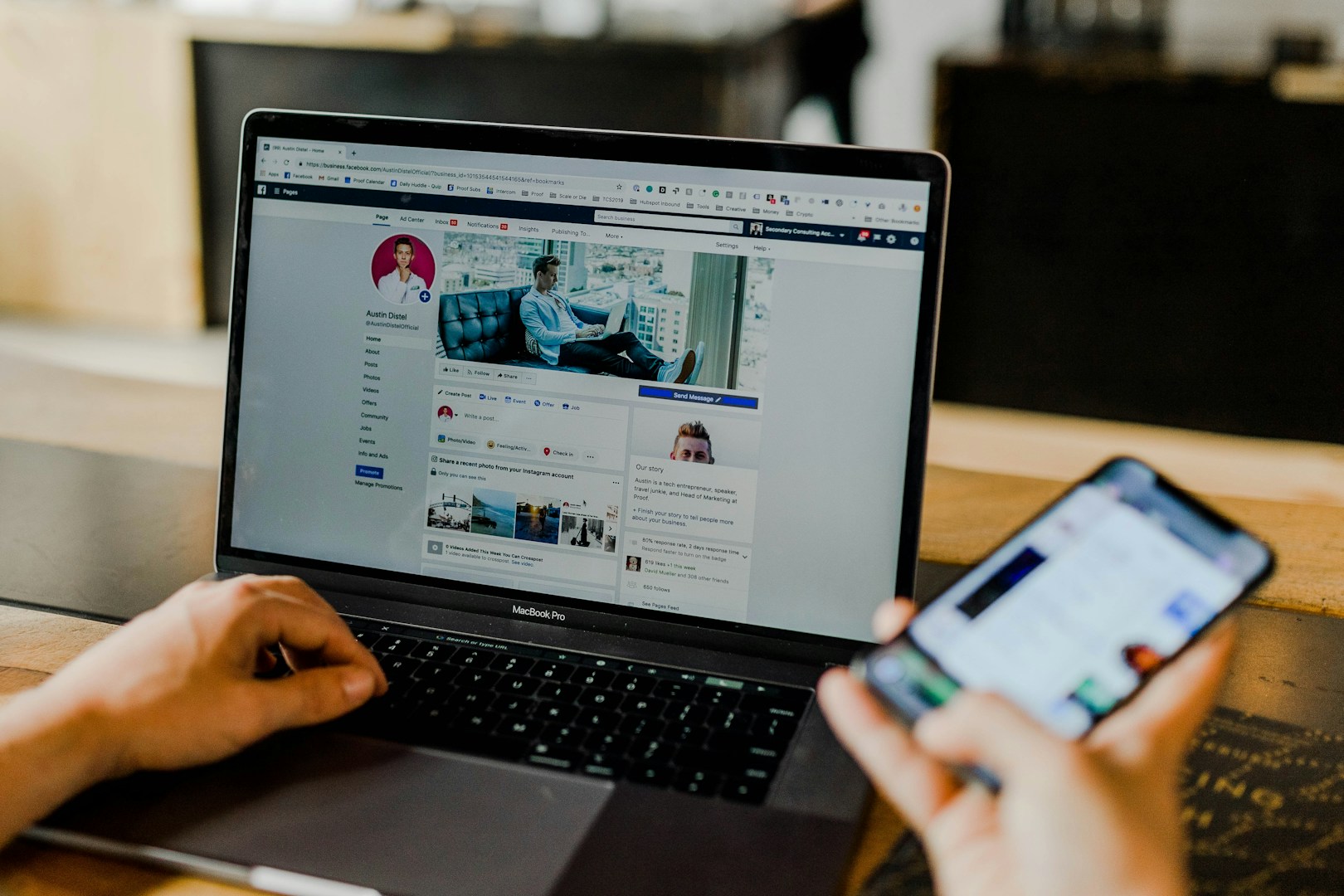Social Media & Mental Health
Posted 18 May '22
By Kay Ridge
Article By Kay Ridge
Australians spend 1 hour 46 minutes per day on social media. Roughly one-third of that time is spent online.

Social Media is a part of Your Life - But so is Mental Health
Naslund, Bondre, Torous, and AschBrenner inform us that social media is now a prominent fixture in our lives. Many such individuals are now facing mental illness. Social media is used by many people use social media to share their life experiences. They seek information about their mental health and treatment options, and join like-minded online groups with similar mental challenges.
Currently, there are 4.60 billion active users on Social Media worldwide
Studies have shown that individuals with mental challenges increasingly use mobile devices (Firth
et al. 2015;
Glick et al. 2016; Torous et al.
2014a,
b). Evidence shows high
rates of social media use among patients with mental disorders, including studies looking at engagement across diverse settings and
disorder types.
In 2015, nearly fifty per cent of psychiatric patients were social media users, with greater use among younger individuals (Trefflich et al. 2015). 47% of inpatients and outpatients with schizophrenia reported using social media, of which 79% said at least once-a-week usage on social media websites (Miller et al. 2015).

How does social media affect mental health in Australia?
We know that there is a link between depression and social media, and increased social media use can intensify the symptoms of depression, including loneliness and a decrease in social activities.
Does social media cause depression and anxiety?
Dr Richelle Mayshak, School of Psychology, Deakin University, found a direct correlation between social media and depression and its related symptoms.
Dr Mayshak reported, ‘I don’t think we’re at a point in our research where we can say that social media contributes to the experience of depressive symptoms.’ Social Media is believed to contribute to jealousy and missing out on experiences.
Let’s face it, no one wants to show online that they have a boring life! In brief, Dr Mayshak says, “The evidence suggests that people with forms of social anxiety can find an increased perception of social connectedness when interacting online.

Does social media have a negative impact on our mental health?
A 2018 study found that reducing 30 minutes a day on social media will improve your overall mental wellness. Feelings of depression and loneliness declined. You can now register for a retreat where social media is banned.
Life comparison FOMO
Social media can increase social comparison or FOMO, a fear of missing out. It can reassess the reader's life and the “might have been”. It’s easy to start comparing the lives of other on social media to your own, leaving you with the feeling of missing out on socialising.
Cyberbullying
Social media also increases the risk of cyberbullying. Previously, you could enter your home and be free of bullying. Now it follows you everywhere, making you feel threatened.
Should you stop using social media?
According to the Black Dog Institute, no evidence supports the idea that a social media detox benefits our mental health. Although, you might find it helpful to go offline for a while.
How can you use social media to support your mental well-being?
Social media was built to connect family and friends and certainly has its place within society. Just keep in mind that it is surreal and not always what is posted is what it is.
Related Articles
Smart Digital Marketing Strategies to Scale Your Small Business
Scale your small business with Smart digital marketing strategies guided by a Fractional CMO. Learn more with Dash Social.
Read Article…
How to Refine Content for Better Reach and Engagement on LinkedIn
Learn how to refine your LinkedIn content strategy to boost engagement, build brand authority, and attract the right audience. Read Article…






